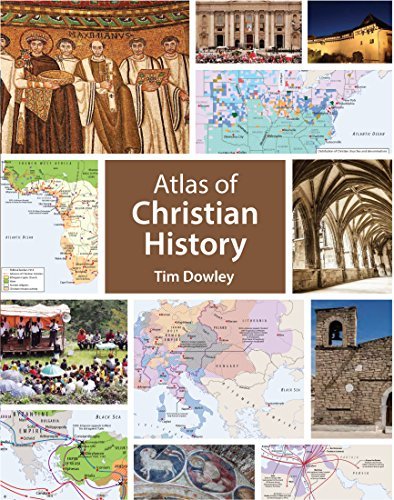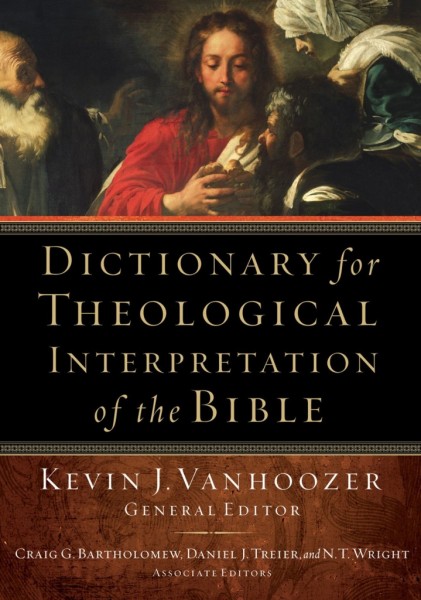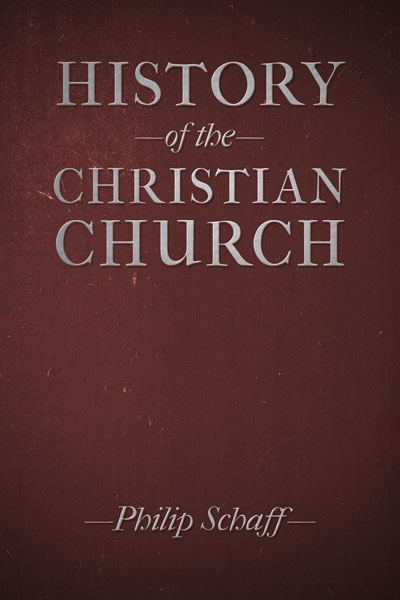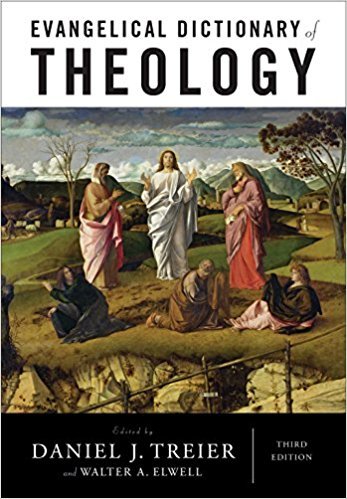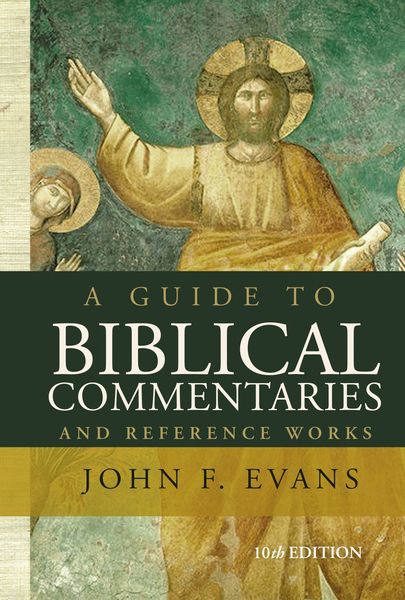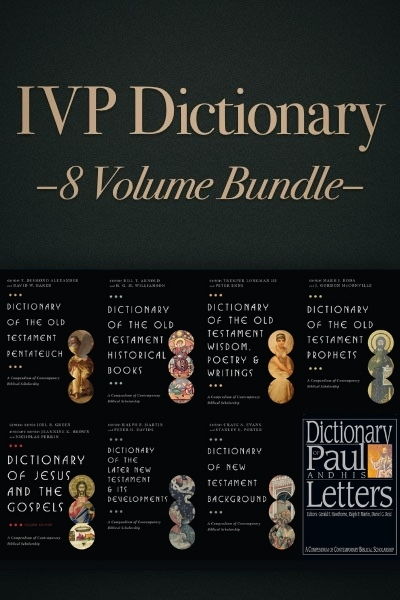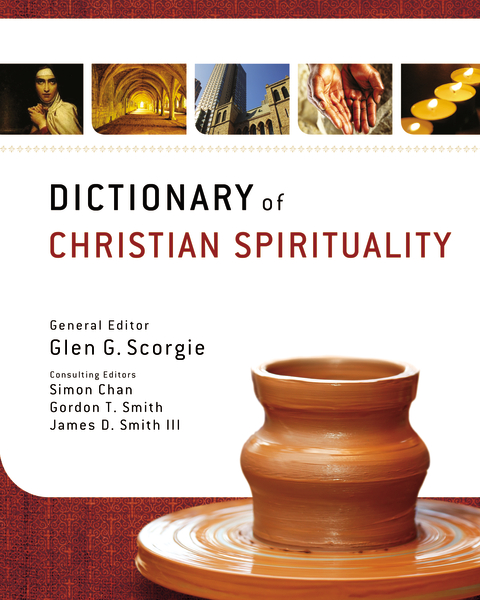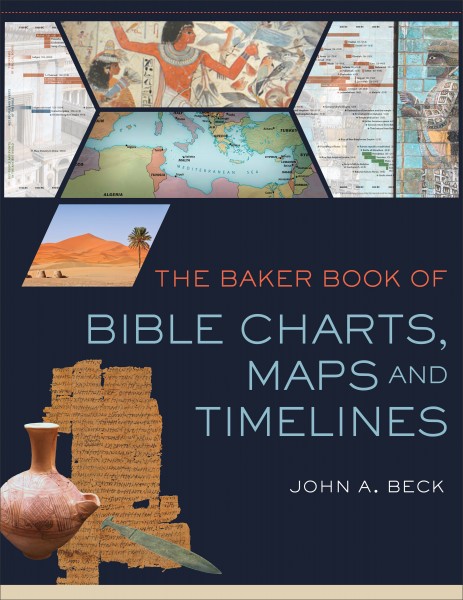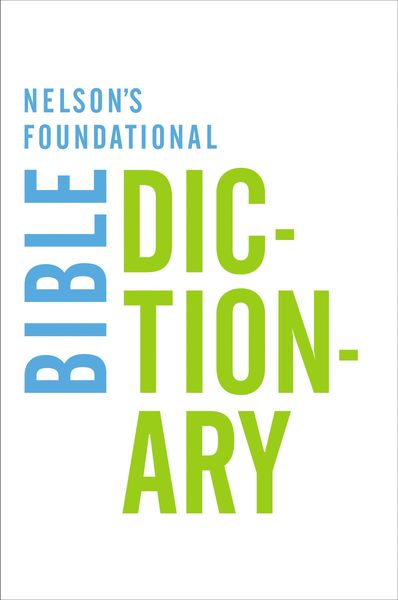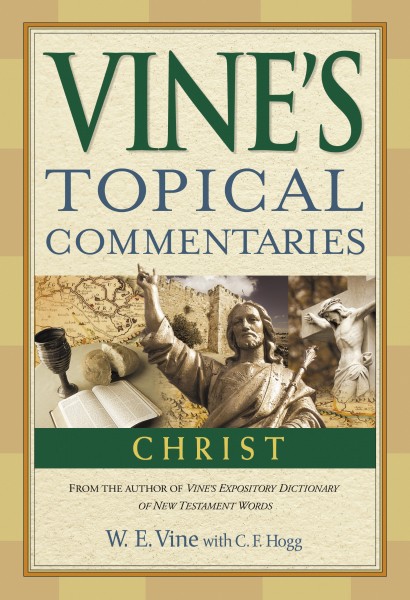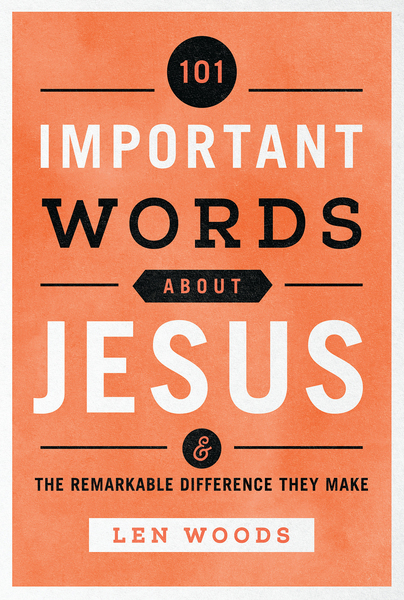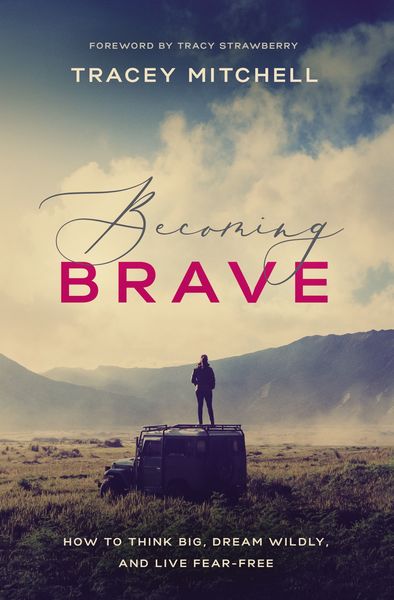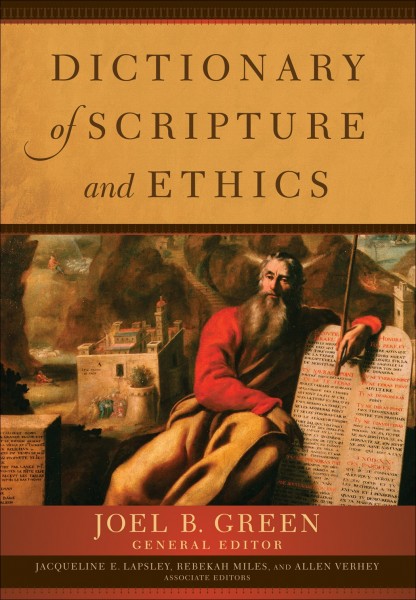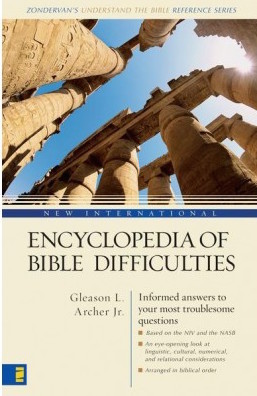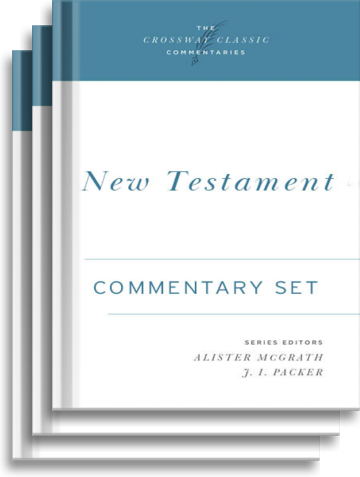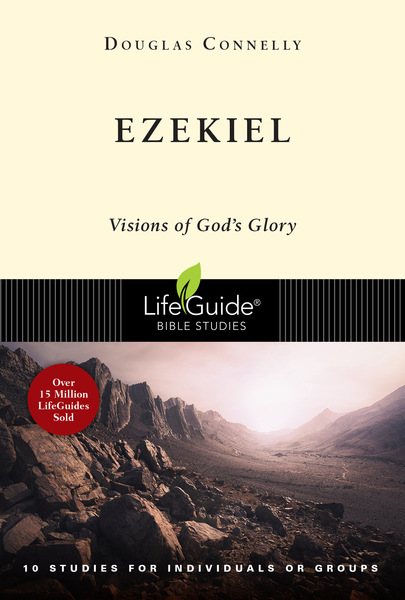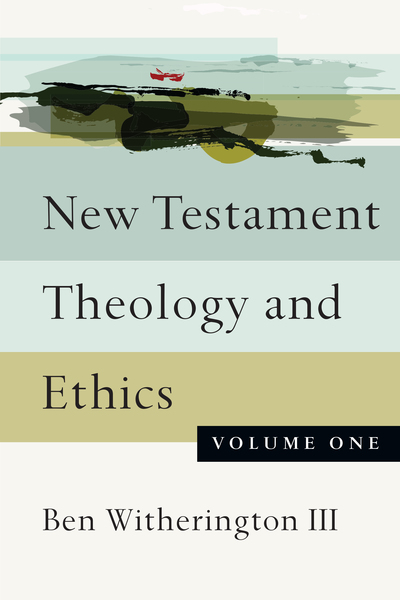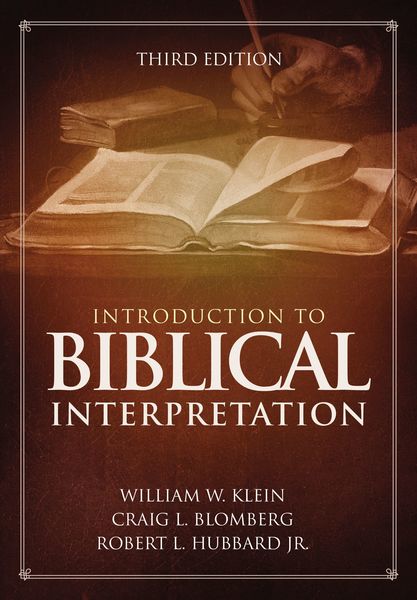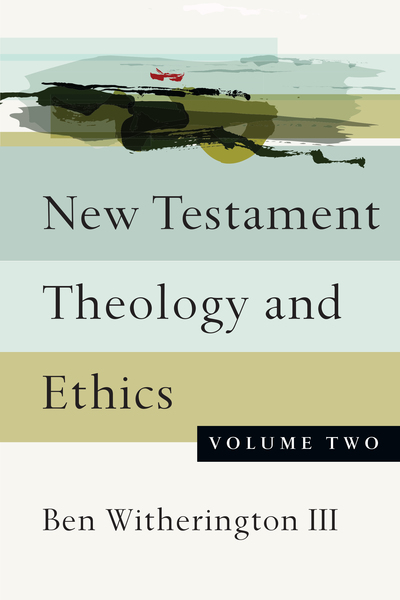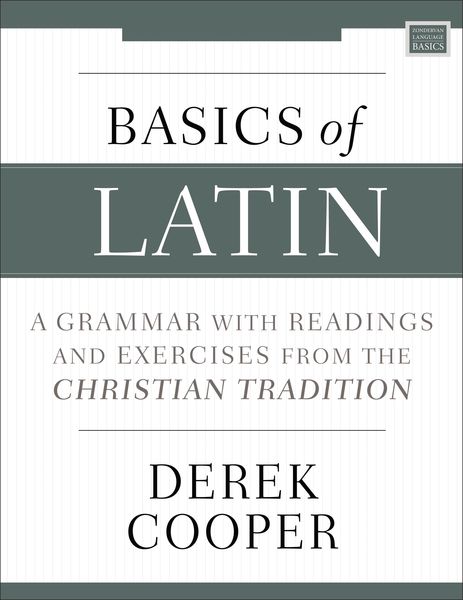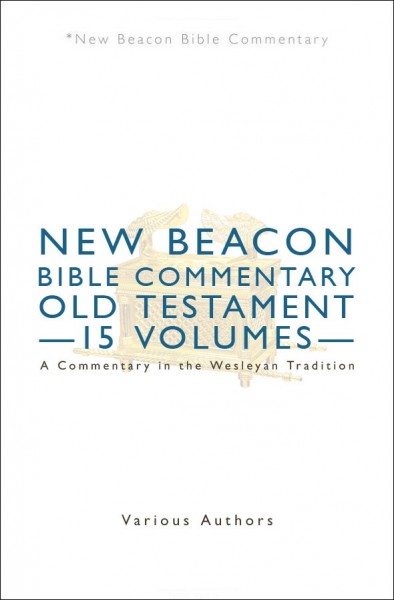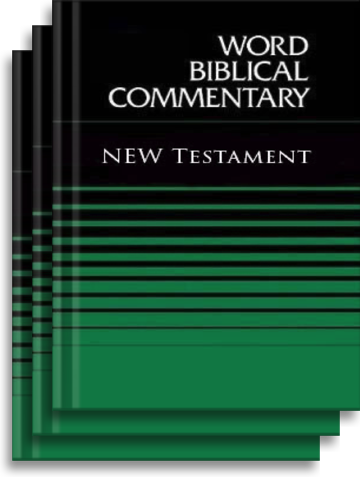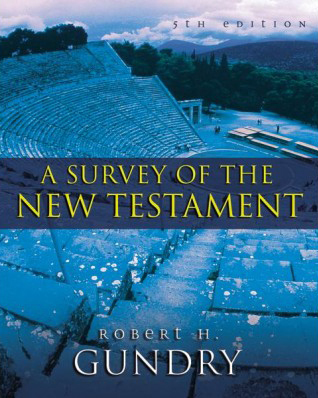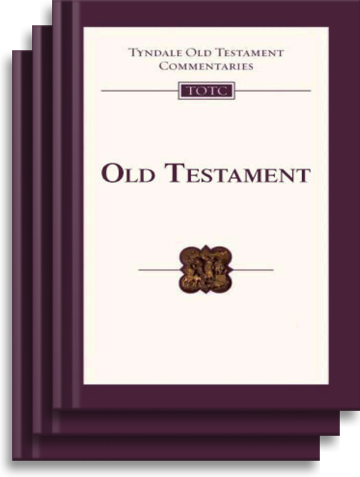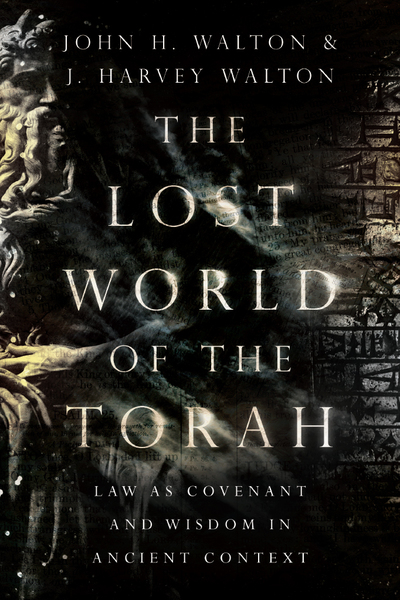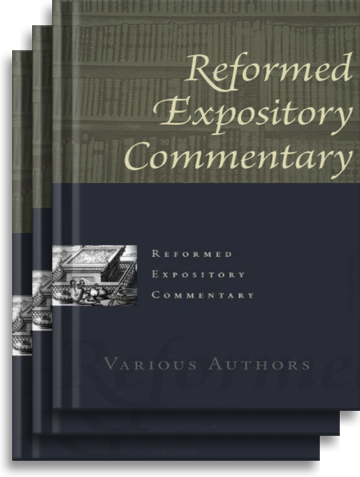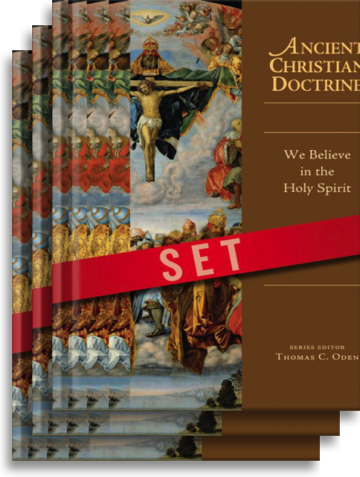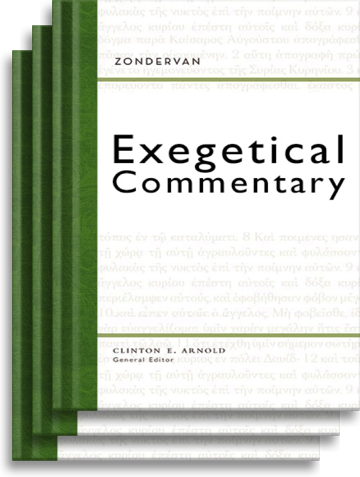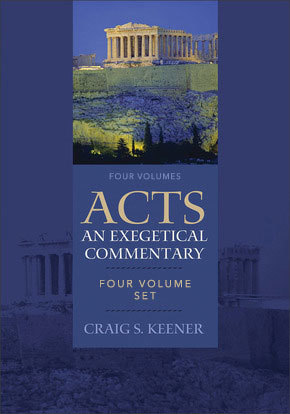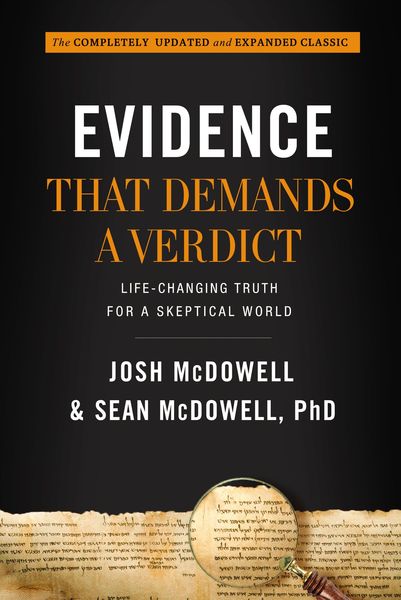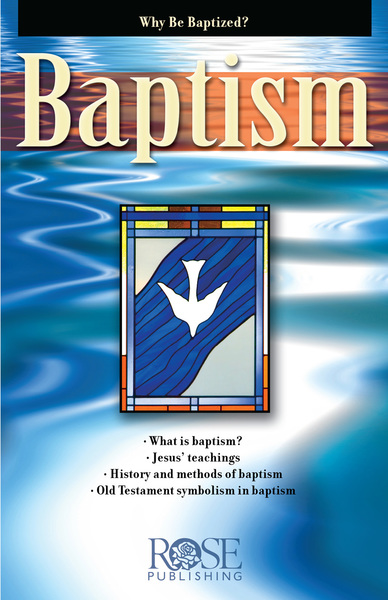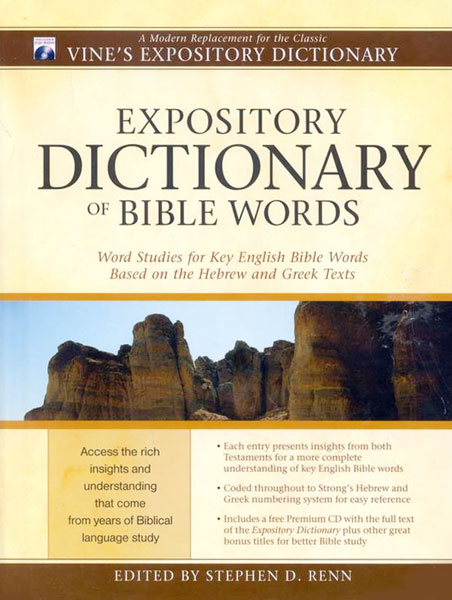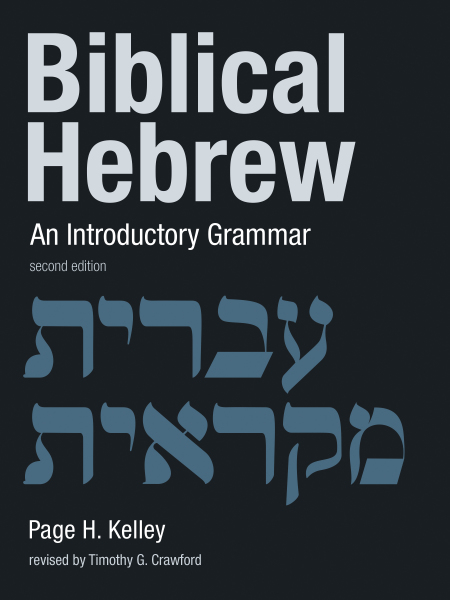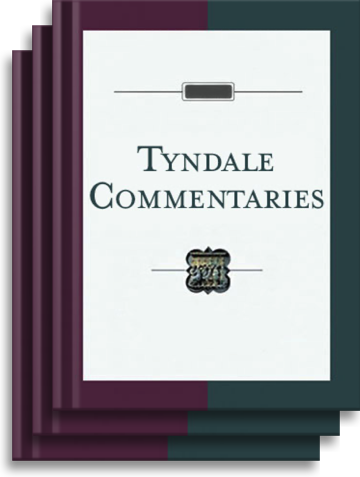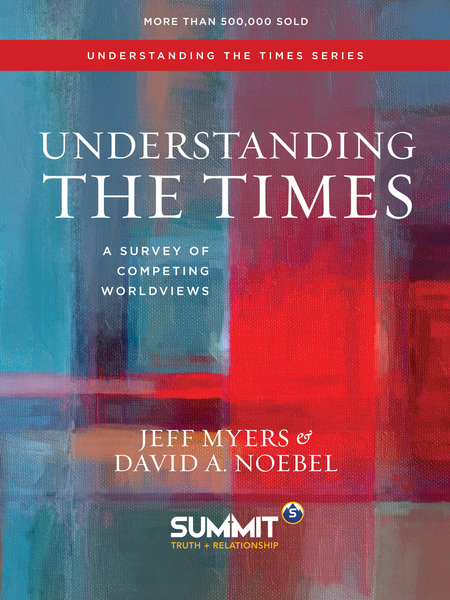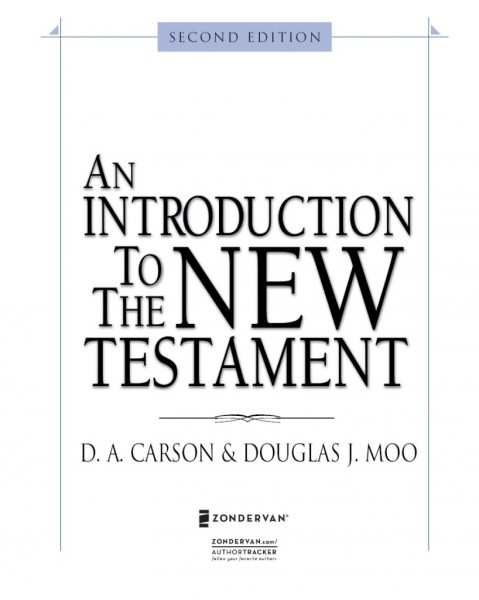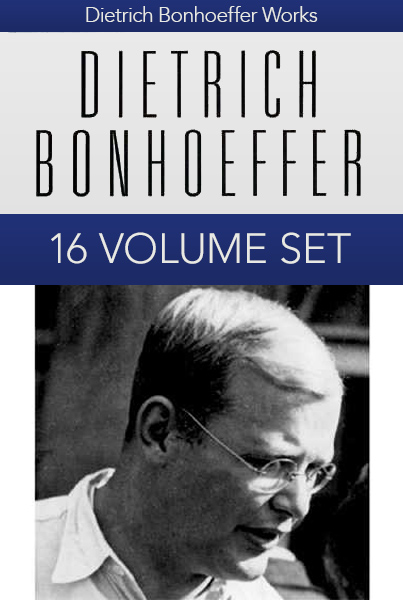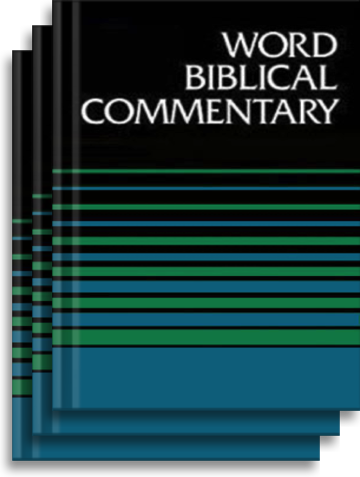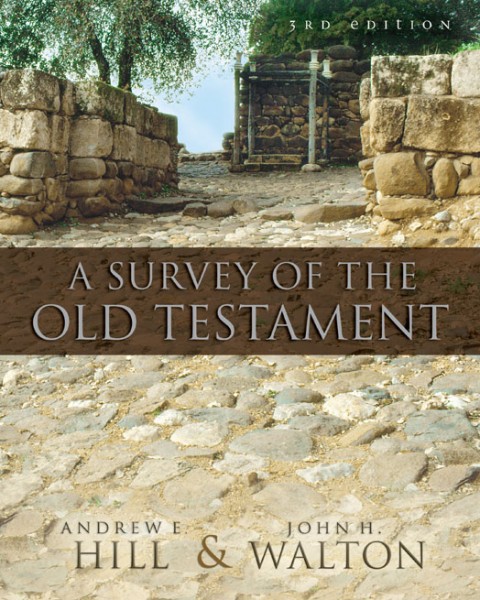

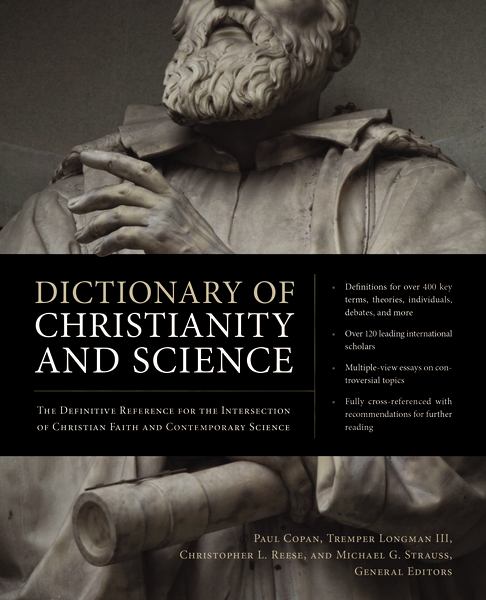
Dictionary of Christianity and Science

Dictionary of Christianity and Science
The relationship between Christianity and science, and between competing philosophies of science, has become one the most important areas of study today. Yet no reference work exists that covers this terrain adequately.
The Dictionary of Christianity and Science fills this significant need with an up-to-date, peer-reviewed, and fair-to-all-camps reference work that focuses on the intersection between science and Christian belief. Featuring the work of over 140 scholars, the Dictionary of Christianity and Science provides a thorough introduction to this intersection between science and Christian belief with entries on over 450 key terms, theories, individuals, movements, and debates at the intersection of Christian faith and contemporary science.
In addition, because certain topics such as the age of the Earth and the historicity of Adam and Eve provoke disagreement among Christians, the dictionary includes “Counterpoints”-like essays that advocate for the views most commonly held among evangelicals. Representatives of leading perspectives present their arguments vigorously but respectfully in these advocacy essays, allowing readers to compare options and draw their own conclusions. The dictionary is also fully cross-referenced and entries include references and recommendation for further reading.
Edited by Paul Copan, Tremper Longman III, Christopher L. Reese, and Michael G. Strauss, the Dictionary of Christianity and Science features a top-notch lineup of over 140 contributors in the fields of biblical studies, theology, philosophy, history, and various sciences. A unique reference work, it will be useful for scholars, pastors, students, and any Christian wanting to better understand the most relevant issues and ideas at the intersection of Christian faith and science.
